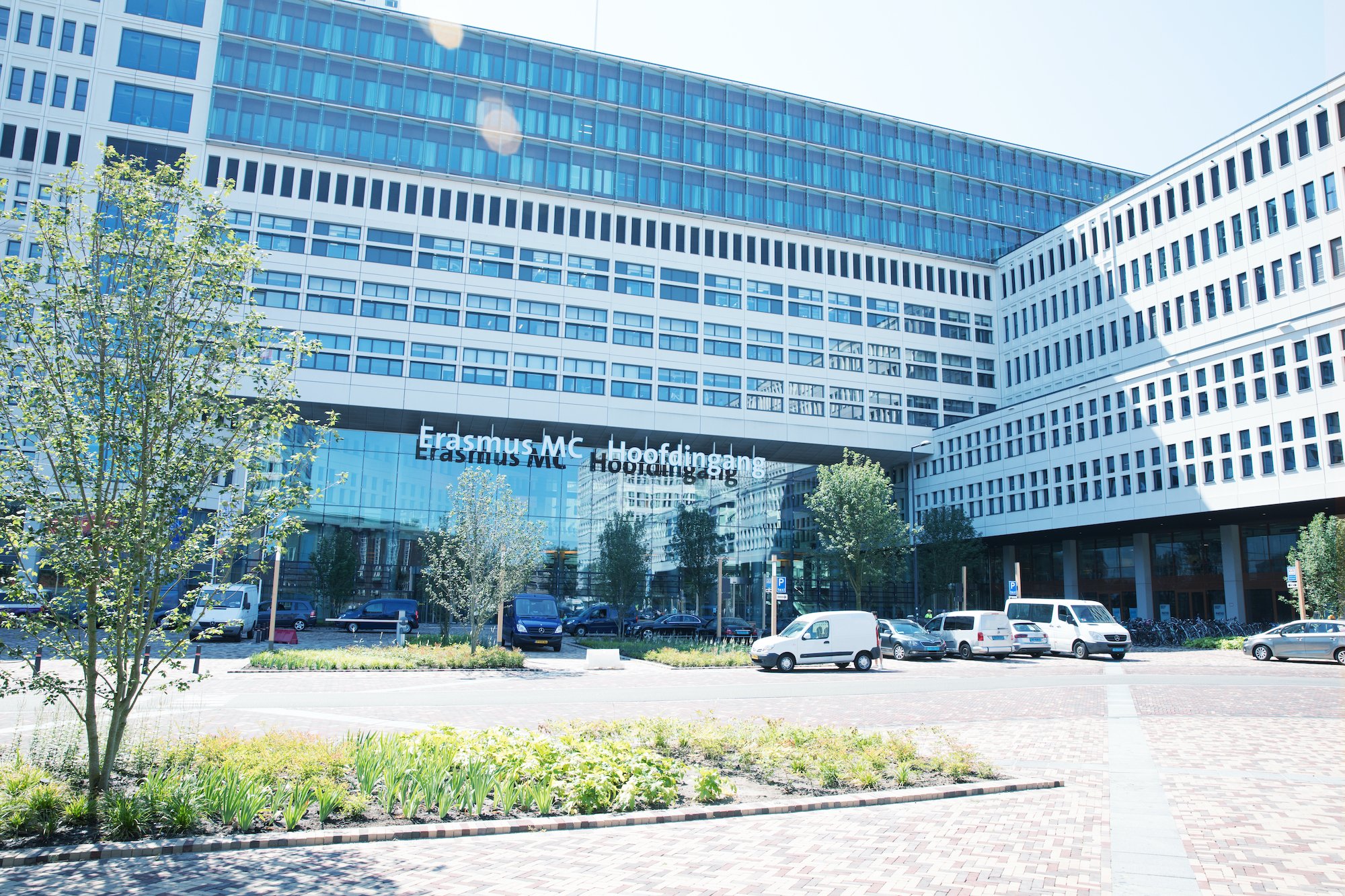PhD position in neuroscience to study epilepsy and neuromodulation using optical techniques
PhD position in neuroscience to study epilepsy and neuromodulation using optical techniques
You cannot apply for this job anymore (deadline was 26 Feb 2024).
Browse the current job offers or choose an item in the top navigation above.
Job description
Project description:
Epilepsy is a debilitating condition marked by excessive and synchronized neural seizure activity, resulting in a range of cognitive and behavioral symptoms. Deep Brain Stimulation (DBS) stands out as a promising neuromodulation technique, involving the electrical stimulation of deep brain circuits. This approach has shown efficacy in suppressing seizures, even in cases of medication-resistant epilepsy, and improving overall clinical symptoms. Nevertheless, our understanding of the cellular-level mechanisms through which DBS operates remains limited. Here, using high-speed voltage fluorescence microscopy and electrophysiology techniques, you will delve into the microcircuit mechanisms underlying epilepsy and DBS. You will use recently developed genetically encoded voltage indicators to record single-cell membrane voltage signals during DBS to understand how neural circuits are modulated by DBS and how these changes are suppressing seizures. The ultimate goal is to enhance our comprehension of the biophysical mechanisms underlying DBS and, in turn, develop more targeted approaches for employing DBS in the treatment of epilepsy.This project is funded by ERC starter grant `OptoDBS'.
If you find this interesting, please apply!
Responsibilities:
Epilepsy is a debilitating condition marked by excessive and synchronized neural seizure activity, resulting in a range of cognitive and behavioral symptoms. Deep Brain Stimulation (DBS) stands out as a promising neuromodulation technique, involving the electrical stimulation of deep brain circuits. This approach has shown efficacy in suppressing seizures, even in cases of medication-resistant epilepsy, and improving overall clinical symptoms. Nevertheless, our understanding of the cellular-level mechanisms through which DBS operates remains limited. Here, using high-speed voltage fluorescence microscopy and electrophysiology techniques, you will delve into the microcircuit mechanisms underlying epilepsy and DBS. You will use recently developed genetically encoded voltage indicators to record single-cell membrane voltage signals during DBS to understand how neural circuits are modulated by DBS and how these changes are suppressing seizures. The ultimate goal is to enhance our comprehension of the biophysical mechanisms underlying DBS and, in turn, develop more targeted approaches for employing DBS in the treatment of epilepsy.This project is funded by ERC starter grant `OptoDBS'.
If you find this interesting, please apply!
Responsibilities:
- Design and execute fluorescence imaging experiments.
- Analyze and interpret collected data.
- Write scientific papers.
- Report results at conferences.
Specifications
- max. 36 hours per week
- €2901—€3677 per month
- Rotterdam View on Google Maps
Requirements
- You have successfully obtained a MSc degree (or will shortly graduate), in the field of Neuroscience, Life Science, Biophysics or related field.
- Experience in optical imaging/manipulation and/or electrophysiology is a plus
- Proficiency in widely used programming languages (Python, Matlab) or the willingness to learn a programming language is a condition for the appointment.
- You are preferably available in late summer 2024 (the latest per September 1st, 2024).
Conditions of employment
- You will receive a temporary position for 3 years.
- The gross monthly salary is € 2.901,- in the 1st year and gradually increases to € 3.514,- in the 3th year (scale OIO).
- Excellent fringe benefits, such as a 13th month that is already paid out in November and a individual travel expense package.
- Working from home is optional.
- An International Office which aids you in preparing for you arrival and stay.
- Pension insurance with ABP. We take care of approximately 2/3 of the monthly contribution.
- Special benefits, such as a incompany physiotherapist and bicycle repairer. And there is also a gym where you can work on your fitness after work.
Employer
Erasmus MC
Join our dynamic research lab, which is at the forefront of investigating advanced optical and electrophysiology techniques. Our primary focus is on dissecting the intricate neural circuit processes that underlie brain disorders and exploring treatment approaches, with a specific emphasis on neuromodulation techniques. This interdisciplinary lab integrates systems, molecular, clinical, and cognitive neuroscience approaches. We highly value critical thinking, open-mindedness, and a profound scientific passion.The initial team will consist of a staff scientist, 2 PhD 's and PI as well as Bachelor/Master students. The research team is embedded in the neuroscience department of Erasmus MC, which has ample expertise in cutting-edge neuroscience research. The department has close collaborations with clinical departments as well as with the Delft University of Technology (TU Delft). Erasmus MC is located in Rotterdam, a vibrant and livable city that offers a multitude of attractions, and is well-connected to other major cities in the Netherlands and abroad.
More information about the PI can be found here. Relevant publications related to this project and techniques:
- Lowet, E, Kondabolu, K., Zhou, S., Mount, R., Ravasio, R., and Han,X. (2022). “Deep Brain Stimulation Creates Information Lesion through Membrane Depolarization.” Nature Communication, 13(1):7709
- Lowet, E., Sheehan,D., Chialva, U., Pena, R., Mount,R., Xiao, S., Zhou, S., Tseng, H., Gritton, H., Shroff, S., Kondabolu, K., Cheung, Wang, Y., Piatkevich, K., Boyden, E., C., Mertz, J., Hasselmo, M., Rotstein, H., and Han,X. (2023). “Theta and gamma rhythmic coding through two spike output modes in the hippocampus during spatial navigation.” Cell reports, 42 (8)
Specifications
- PhD; Research, development, innovation
- Health
- max. 36 hours per week
- €2901—€3677 per month
- University graduate
- 07.09.24.TBW-P1431794-1
:fill(white)/logos/emc-en-wide.png)
